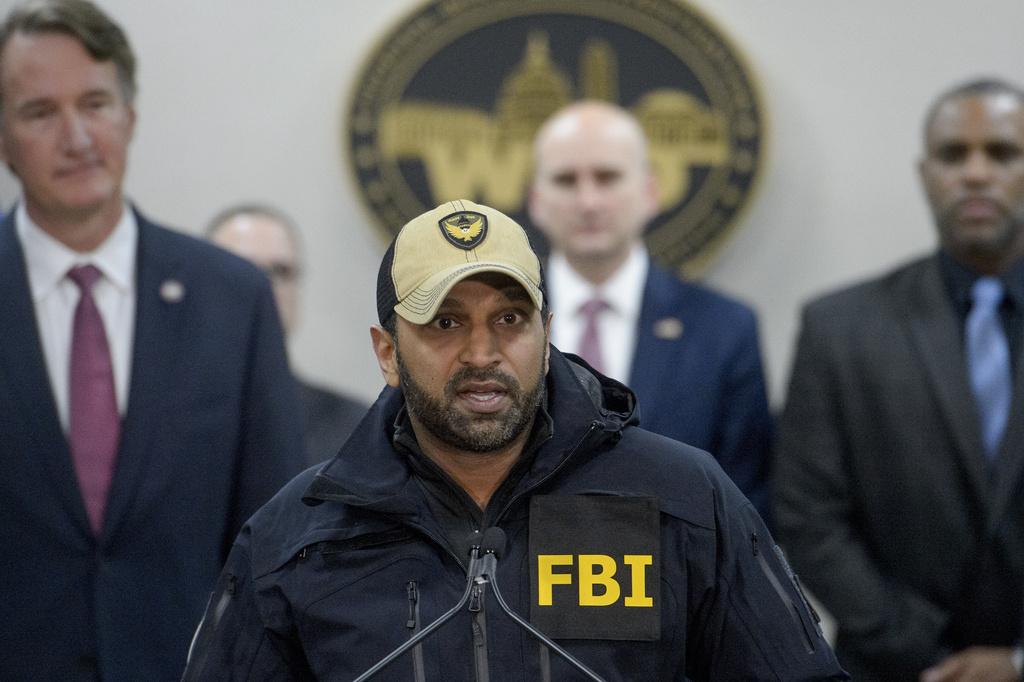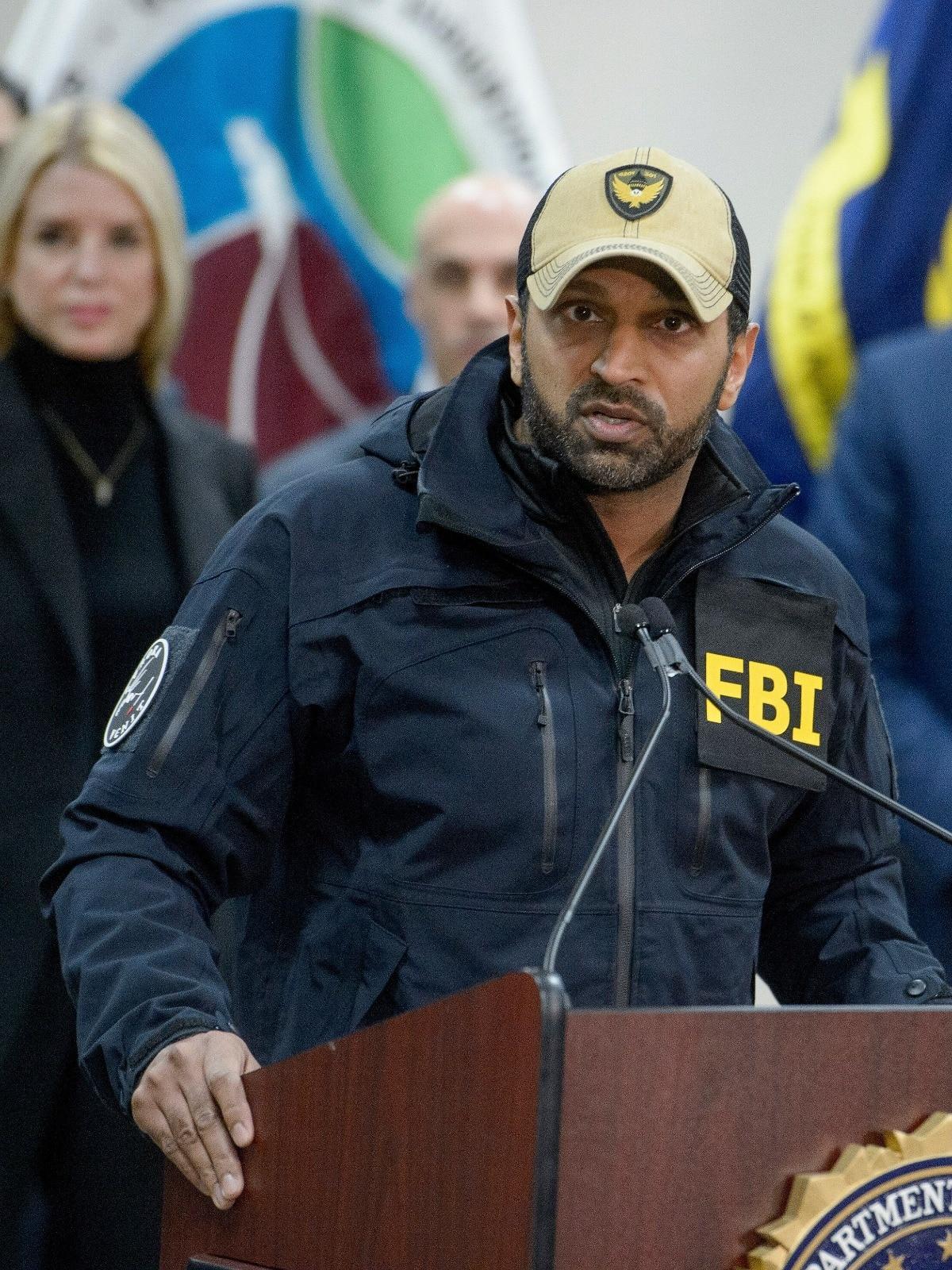In recent months, the question of whether judges who allegedly interfere with Immigration and Customs Enforcement (ICE) operations should face arrest has stirred significant public debate. At the center of this controversy is Kash Patel, a former national security official and staunch ally of former President Donald Trump. Patel has become a polarizing figure due to his outspoken support for aggressive immigration enforcement and his calls for legal consequences against public officials—including judges—who, in his view, obstruct federal immigration law.

Patel has argued that any judge who knowingly prevents ICE from detaining individuals subject to immigration enforcement may be acting in defiance of federal law. His remarks have sparked outrage in some quarters and praise in others, exposing the deep divide in the country over immigration, the limits of judicial authority, and the role of federal power.

Supporters of Patel’s position argue that the integrity of federal immigration enforcement is at stake. They believe that state and local officials, including members of the judiciary, should not have the authority to interfere with federal operations. These advocates often point to instances where judges have delayed or blocked ICE agents from apprehending individuals in courthouses or have ordered the release of detainees despite pending federal holds. To Patel and his supporters, such actions constitute obstruction of justice, and they argue that consequences—including arrest—are warranted to uphold the rule of law.
This perspective is rooted in a broader frustration among immigration hardliners who view the judicial system as too lenient toward undocumented immigrants. They argue that certain judges, by issuing rulings that impede ICE operations, are undermining national sovereignty and enabling further violations of immigration law. In this view, Patel’s suggestion to arrest such judges is not about targeting the judiciary itself, but about reinforcing accountability in the face of what they see as legal overreach.
However, critics of Patel’s approach warn that arresting judges for their rulings or courtroom decisions poses a dangerous threat to judicial independence. Legal scholars across the political spectrum have raised alarms about the implications of targeting members of the judiciary for exercising their legal discretion. They argue that such actions could erode constitutional protections, disrupt the balance of power among branches of government, and chill judicial decision-making.
For many, the idea of arresting judges recalls authoritarian regimes where the judiciary is subservient to political interests. In the United States, the separation of powers is a fundamental principle that has safeguarded democratic institutions for centuries. Critics contend that Patel’s rhetoric and proposals risk violating this core principle by turning law enforcement into a tool of political retribution.
Further complicating the issue is the legal ambiguity surrounding what constitutes “interference” with ICE. Many of the cases cited by Patel’s supporters involve judges making decisions within their legal jurisdiction—such as setting bail, interpreting asylum claims, or ruling on due process issues. Determining whether these decisions amount to obstruction would likely involve protracted legal battles and could set precedent with far-reaching consequences.
The debate also highlights a larger tension between federal immigration authorities and local jurisdictions. In sanctuary cities and states, local officials often decline to cooperate with ICE detainers or bar federal agents from making arrests in certain locations, including courthouses. These policies, designed to build trust between immigrant communities and local law enforcement, are seen by critics as direct challenges to federal authority.
In this context, Patel’s statements resonate with a political base that sees immigration not only as a legal issue but as a question of national identity and security. But his comments also raise fundamental questions about the limits of executive power and the sanctity of judicial independence.
Ultimately, whether one supports or opposes Patel’s stance depends largely on how one interprets the role of judges, the purpose of immigration enforcement, and the boundaries of lawful authority. What is clear is that the discussion is unlikely to fade soon, as immigration remains one of the most contentious and deeply felt issues in American politics.
As the nation approaches another election cycle, figures like Kash Patel and the ideas they champion will likely continue to shape the debate—raising pressing questions not only about immigration, but about the nature of American democracy itself.






